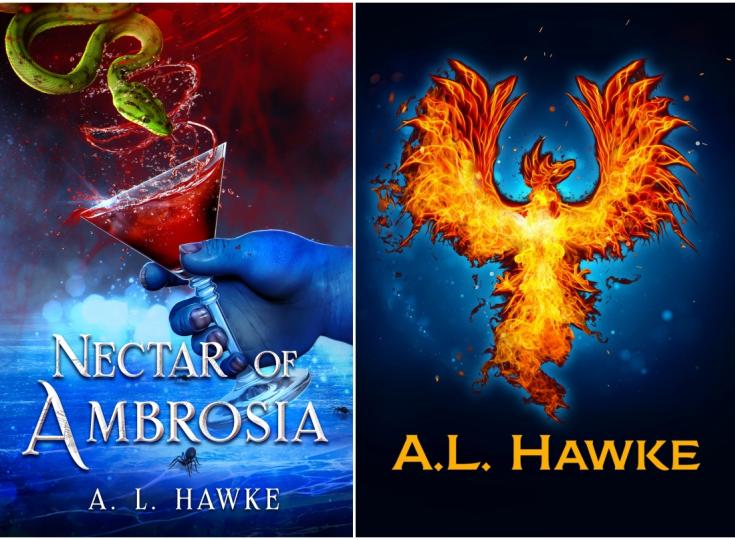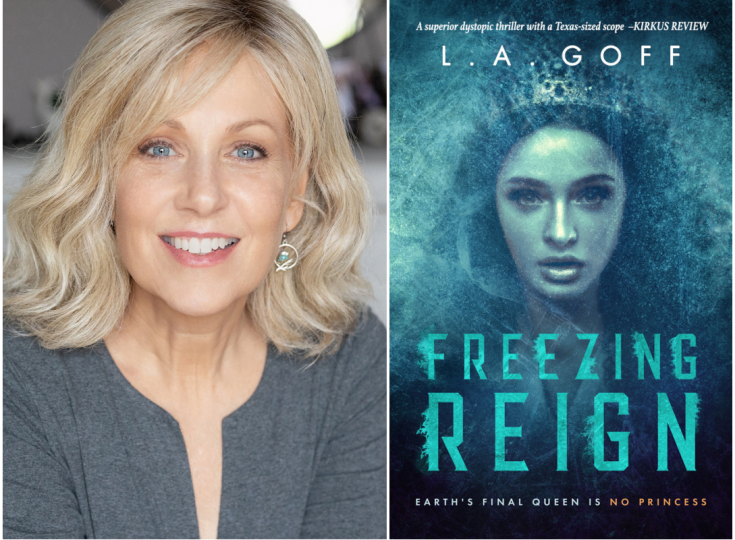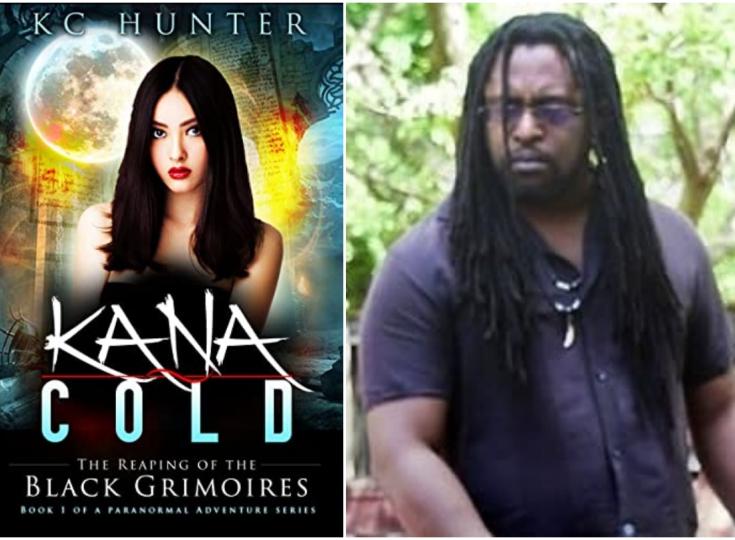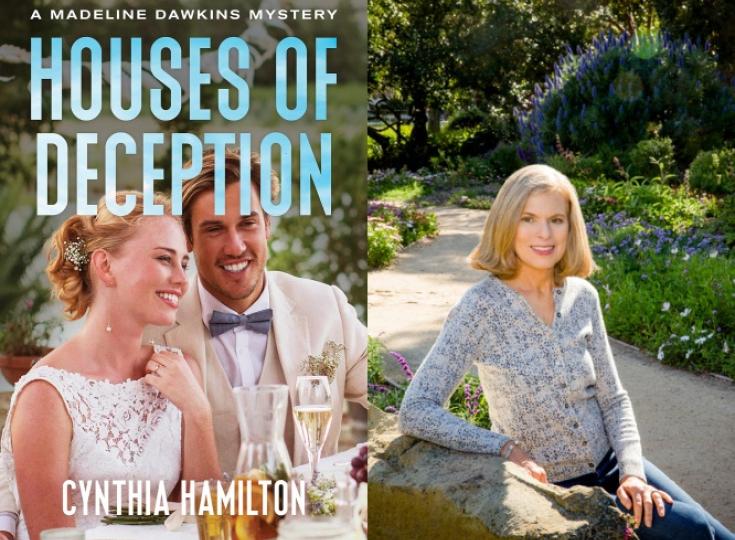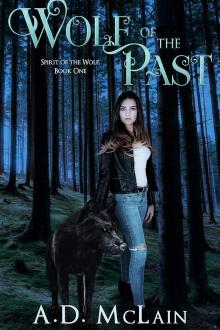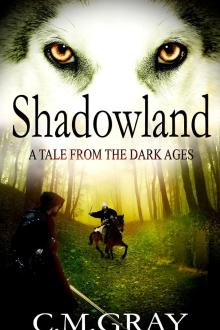Eva Flynn - An Extraordinary Tale of An Unsung Heroine
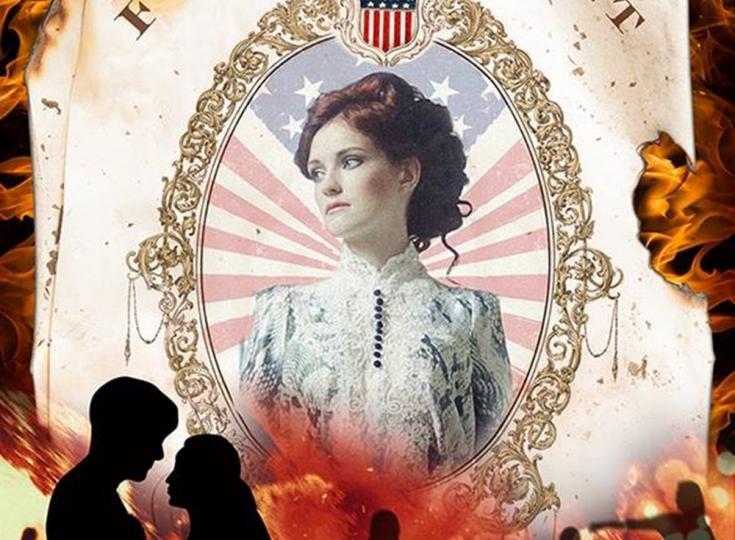
Author Eva Flynn has a lot of experience as a non-fiction writer, so it is no surprise that her fiction title, The Renegade Queen, is also steeped in historical accuracy. The book tells the tale of Victoria Woodhull, a woman who, despite accomplishing so much in her time, was all but erased from history. Today we talk to Eva about why Victoria Woodhull was such a controversial figure for her time, why she chose to write a fictionalized account of Victoria’s life and the fascinating facts she uncovered during her research.
Please describe The Renegade Queen to readers who haven't heard about it yet
The Renegade Queen follows the extraordinary life of Victoria Woodhull from her childhood in the 1840s to when she was forced to live abroad in the late 1870s. Although she grew up in a poor and dysfunctional household and was even sold into marriage, she managed to influence the course of social and political events. She was the first female stockbroker, the first woman to testify in front of Congress, one of the first women to run a newspaper, and the first woman to run for President. She ran for President in 1872, approximately fifty years before women could even vote. Victoria had powerful friends and enemies. For example, her “frenemy” was Susan B. Anthony and they were close before they had a powerful rivalry. She was friends with robber baron Commodore Vanderbilt and U.S. Representative Benjamin Butler. And she made enemies of Henry Ward Beecher and Anthony Comstock, who are akin to the religious right of our age. Her best friend was her sister Tennessee who in later years eclipses Victoria as a woman’s activist. Her second husband, James Blood, was very supportive of her efforts. The book is meticulously researched and all the events are true. One reviewer said that the story is “implausible” and I would agree, except that it is all true.
Victoria Woodhull is not really a historical figure we hear about much today. Why do you think was she all but erased from history?
Susan B. Anthony and Elizabeth Cady Stanton wrote the definitive history of the woman’s movement in the six-volume History of Woman Suffrage which was published from 1881 to 1922. Victoria Woodhull is not in this history as Anthony did not include the views or actions of those she disagreed with. This history became the source for textbooks throughout the years, which has warped our collective knowledge of the woman’s movement.
Why was Victoria Woodhull so controversial for her time?
Victoria’s strong personality led to her being both loved and hated during her time. To understand the controversy, one has to understand her world. She lived at a time when women had no rights, they could not divorce in most circumstances, they could not vote, they could not work in most professions, and they could not own property if they were married. In addition, courts often ruled that women could be beaten by their husbands as long as it was with an instrument that was “within reason.” Victoria somehow ignores all this nonsense, and becomes the first female stockbroker. She then testifies to Congress that women deserve the right to vote. Other prominent women, including Harriet Beecher Stowe, actually disagreed with her. And then Victoria, despite being wealthy from Wall Street, she chooses to publish Karl Marx’s Communist Manifesto, the first time it is published in the United States.
Her most controversial stance, however, was for free love. She wanted women to have the right to marry and divorce whom they wanted without family or judicial interference. She was pushing for free love at a time when her first husband was ill and living in the same house with her and her second husband, James Blood. People were shocked that she would be living with two husbands at the same time. The pressure got to Victoria and she became incensed that what she saw as Christian charity was being misconstrued as some sort of sexcapades. Under enormous pressure, Victoria pointed out and printed that Henry Ward Beecher was having an affair with his best friend’s wife. Henry Ward Beecher was an enormously powerful and popular minister, so this also contributed to the controversy surrounding Victoria.
How hard was it to find accurate information about Victoria?
It was not hard to find information about Victoria since she was famous at the time, but in terms of accurate information, that is difficult. I read many newspaper articles, some are excerpted in the book, but journalistic standards then were not high. In addition, Victoria either altered her story or was misquoted in places. Fortunately, Victoria wrote articles for her own newspaper and we have her speeches and books of her essays. Details about her personal life, however, can be a bit fuzzy.
What was the most fascinating part about your research into Victoria Woodhull's life?
I went into this project thinking that Victoria was alone, by herself, fighting for her rights without the support of any men. In reality, she had the support of powerful men, including Commodore Vanderbilt, Benjamin Butler, Horace Greeley, and George Francis Train. And while these men did not like each other and had different political goals and ideologies, they all saw the need to give women greater power. I am very moved that these men risked their political reputations and took a stand for women. On the other hand, I was disappointed to learn about prominent women, such as Harriet Beecher Stowe who thought women voting would be a disgrace, these women actively campaigned against both Victoria and Susan.
What made you decide to write a fictionalized account of Victoria Woodhull’s life instead of non-fiction?
I decided to write fiction instead of non-fiction for three reasons. The first reason is that I wanted the characters to have conversations, and it is difficult, if not impossible, to know exactly what the characters said to each other. Even reviewing primary sources such as letters, and essays by the characters, they will have contradictory versions of events. So I did not want to open myself up to criticism for not being accurate.
The second reason is what I just touched on, many of the events in Victoria’s life are recorded by different sources and these sources contradict each other. Some of the anti-Victoria interpretations can be chalked up to the sexism at the time and the constant tension between Victoria and Susan B. Anthony. However, interviews with Victoria during her later life conflict with interviews from her earlier life, so it’s difficult to determine what is and is not accurate and I did not want to choose a version for every event and leave that open for question in terms of accuracy.
The third reason is that I wanted Victoria to speak in her own voice, so readers could experience life through her eyes. By doing this, however, one automatically introduces bias into the situation and the work is no longer non-fiction.
How important was it to you to flesh out the secondary characters in your tale as well?
The more I read about the secondary characters, especially their letters and speeches, the more I fell in love with every single one of them. I became sympathetic to all of them and their views and what they were trying to do for this country. And I remain in awe of their sacrifices. To have them be one-dimensional in the novel would have been a disservice and I also think the complexity of the characters aids the reader in understanding the world in which Victoria lived more.
All of the characters in The Renegade Queen are real and most of them had published volumes of information in terms of speeches, memoirs, letters, and political arguments. For example, Benjamin Butler not only wrote a 1200 page memoir, but we also have several volumes of his correspondence readily available. This information along with the newspaper articles made him fairly easy to flesh out. James Blood gave interviews and was politically active so I had his words as well as impressions about him published in old newspapers to access. I even read several accounts of minor characters such as William Howe, Victoria’s attorney, to ensure all the details were correct. I was fortunate to have such an abundance of historic primary resources to help me with the characters. My only struggle was with Susan B. Anthony as I am personally more sympathetic to Anthony than Victoria Woodhull was, but the story was from Victoria’s viewpoint as it is first person so I had to take on her attitudes towards the characters.
You paint other historical figures such as Susan B. Anthony, Elizabeth Cady Stanton and Commodore Vanderbilt from a different perspective than most people are used to. Why did you pick this approach?
I did not have any preconceived notions when I started my research, but what I read led me to portray them as I did. I was shocked at how supportive Commodore Vanderbilt was of Victoria, Tennessee, and the belief that women should have greater economic and political power. I read several books and newspaper articles to come to these conclusions.
I also did not realize until I began my research how Susan B. Anthony both felt about Victoria and about African-Americans receiving the right to vote before women. I have sympathy for Susan because she spent her life trying to make headway for women, and Victoria comes by and accomplishes more in mere months than Susan did after years of trying. Susan feels that she is losing her grasp of the woman’s movement. Her comments and treatment of Victoria led to the biggest schism in her friendship with Elizabeth Cady Stanton than they had ever experienced. It was reading Susan’s paper The Revolution and Susan’s letters that I learned how Susan felt about Victoria.
Elizabeth Cady Stanton was more liberal than Susan B. Anthony, at least publicly. Both Susan and Elizabeth, even though they were staunch abolitionists, were livid at the thought of slaves being able to vote before women. If you think about the historical context, these women were told their entire lives that African-Americans were worth less than women. And then they get the vote before women, it was a stark reminder for Elizabeth and Susan of how little women were valued. Both women made racist comments in trying to procure the vote for women, which is not only unacceptable, but I also think it was a strategic mistake.
Victoria envisioned a world where everyone had the right to vote. When she ran for President, she picked Frederic Douglass as her running mate. Frederic Douglass was a former slave and was a friend of Susan B. Anthony’s and Elizabeth Cady Stanton’s until the friendship was strained by the women’s racist comments.
What traits of Victoria Woodhull do you admire the most?
Her fearlessness in the face of intimidation, her perseverance, her willingness to make sacrifices for future generations.
If you could meet any historical figure, who would it be?
I’d have to say Jesus, that would be quite a conversation!
What are you working on right now?
I have a lot of projects on my plate right now, in addition to my day job and raising my two little boys! I’m writing the television pilot for a series based on the characters in The Renegade Queen. I’m also working on the sequel to The Renegade Queen which follows Victoria and Tennessee in their second half their lives. I also wrote a play the premiered in Indianapolis called Rosie’s Place which is a fictionalized account of the experience my grandfather had helping recent immigrants start their restaurant in a conservative, small town. And I’m working on a third novel that is set in the present day.
Where can our readers find more of your work or interact with you?
Thanks for asking! I’m on Facebook, Twitter, Goodreads, and my website is www.rebellioustimes.com
Readers can always email me at [email protected]
Twitter: @evaflyn
Facebook: https://www.facebook.com/EvaFlynnAuthor/
Edited with the online HTML editor. Please subscribe for a htmlg.com membership to remove this message.
